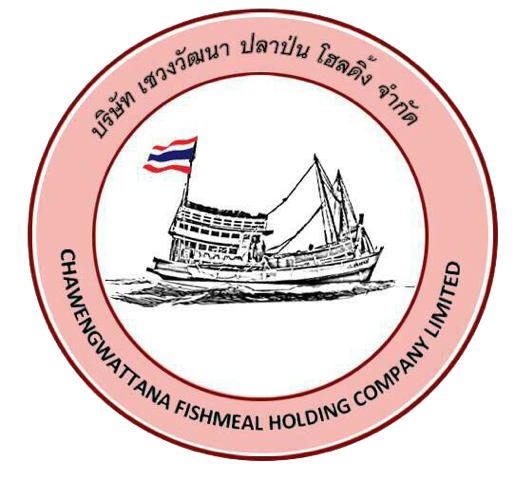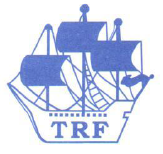Join Now | Free Trial | Login | Membership
Soybean plantings in the ten towns that reported the most fires in the Amazon region through last month is so low that it is immaterial to Brazil’s overall soy production, according to national oilseeds crusher group Abiove.
The 10 towns most affected by the forest fires between January and July this year recorded soy plantings on only 30,000 hectares in the 2018/2019 season, according to data compiled by Abiove from multiple government sources.
Still, more than half of the plantings were in the municipality of Novo Progresso in the Amazonian state of Pará. That town was the epicenter of the so-called “Fire Day” earlier this month which allegedly called on people to set fires to clear land for agriculture and cattle grazing - a claim prosecutors are still investigating.
The data showed some 17,000 hectares were planted with soy this year around Novo Progresso.
Abiove said it sourced information from the government agencies National Space Research Institute(INPE) and the Brazilian Institute of Geography and Statistics (IBGE), as well as the non-government organization Amazon Environmental Research Institute (IPAM).
Bernardo Pires, Abiove’s sustainability manager, told Reuters on Wednesday that they assembled the data to refute claims soy was contributing to the destruction of the forest.
“We worried about these claims and wondered: is it related to soybeans?,” Pires said.
He concluded from the data that soy doesn’t contribute to deforestation.
Major trading companies operating in Brazil already observe the so-called “Soy Moratorium,” which after 2008 bans purchase and financing of crops grown in deforested areas of the Amazon biome. The moratorium does not apply to soy areas deforested before that year.
Pires said conceivably certain producers ignore the moratorium and sell soy to traders who are not members of industry groups like Abiove and cereal exporter association Anec, which account for 85% of Brazilian soybean purchases.
Regarding the fires in Novo Progresso, Pires said they may be the result of “real estate speculation” and the actions of “unauthorized loggers.”
Ten years ago, soy plantings in the Amazon was 1.2 million hectares compared with 4.8 million hectares now, he said. But only 2% of the additional area, or 65,000 hectares, is soy planted in areas deforested after the moratorium’s 2008 limit.
The Abiove study is a response to fears that Brazil, the world’s largest global exporter of soybeans, could face a trade embargo amid the recent fires in the Amazon region and global outcry against the government’s response to the environmental crisis.
Brazil’s total planted soy area is 36 million hectares.
Back to listing



























